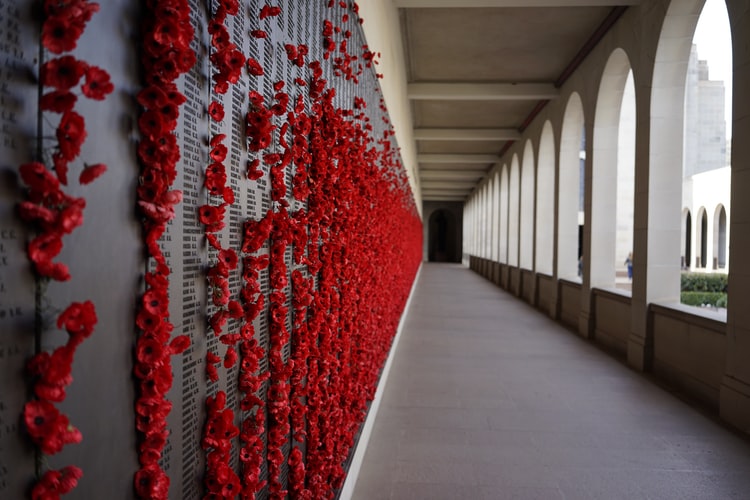Reflecting on Anzac Day 2020
Anzac Day promises to be very different this year. With public gatherings cancelled across the nation, some Australians have pledged to take the dawn service to their driveways as a mark of respect to those who have served.

